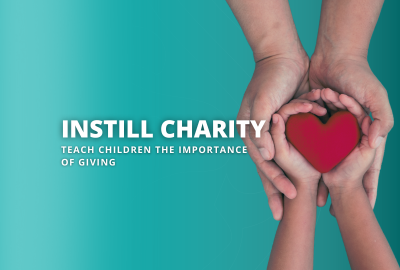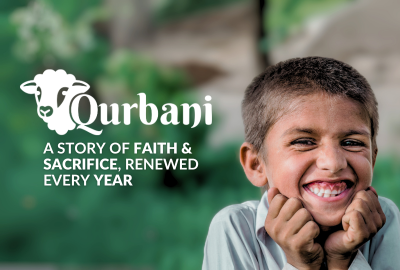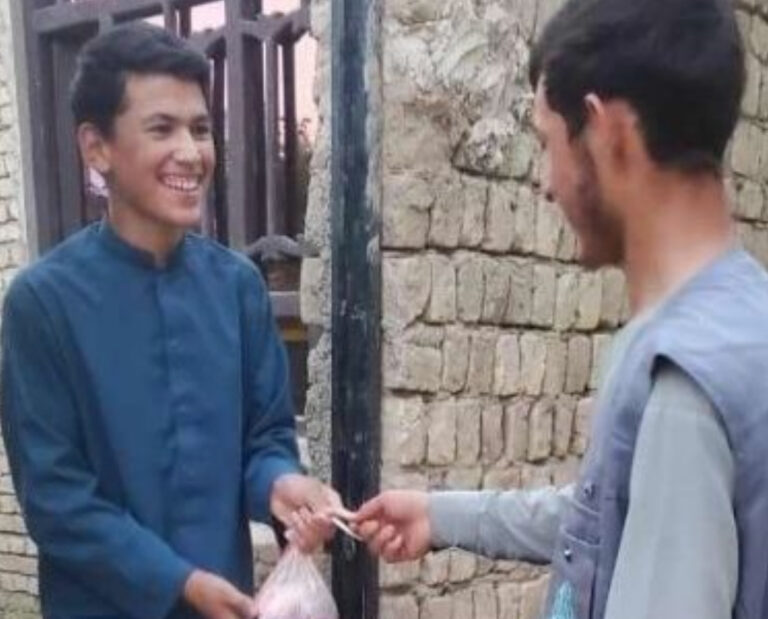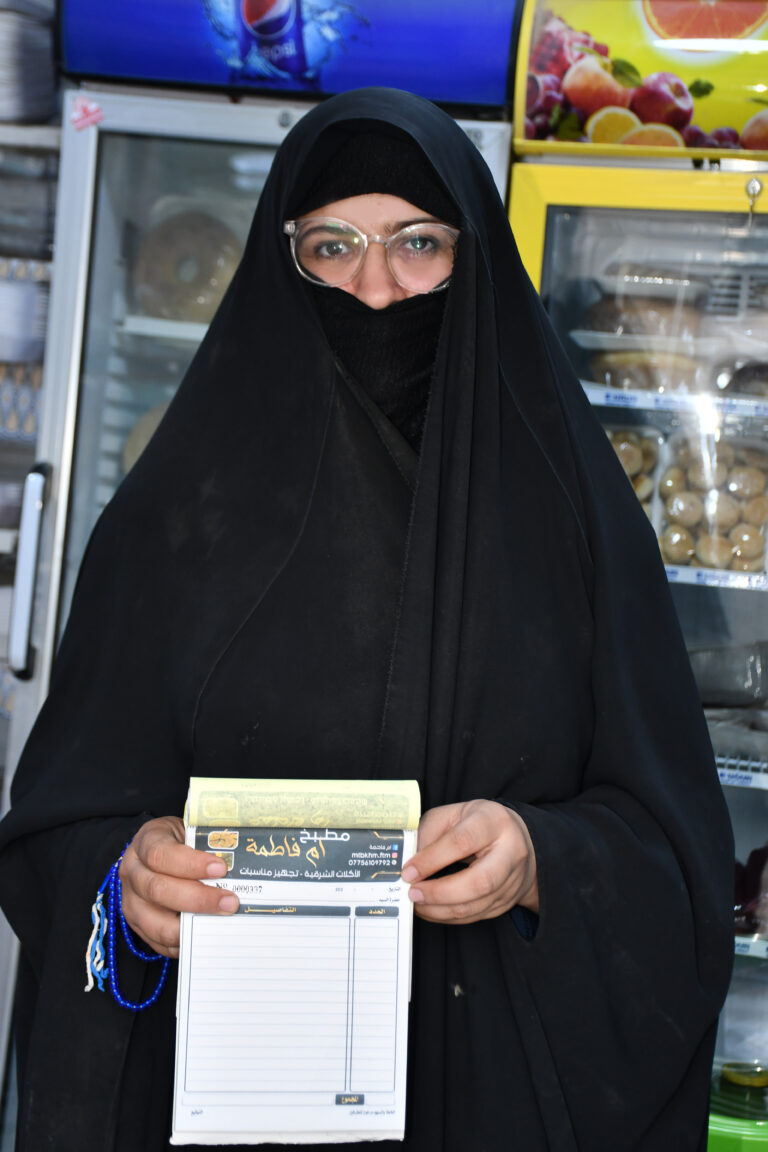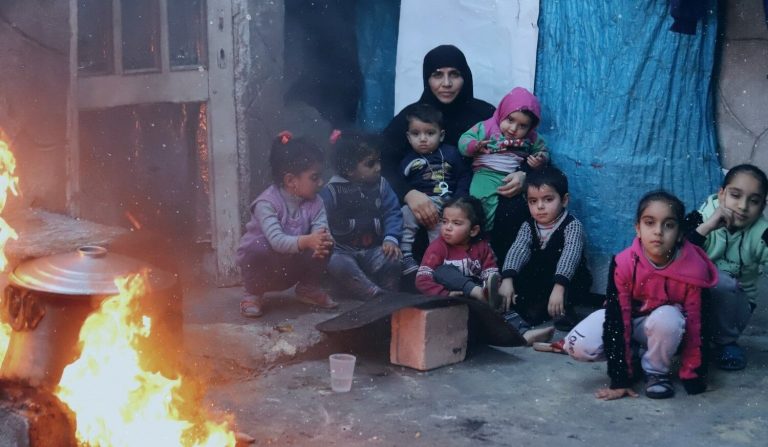3 Powerful Verses from the Quran on Protecting the Environment
Every year, humanity produces over 2 billion tons of waste. But more than 1,400 years ago, the Quran gave us timeless guidance on protecting our planet.
On this World Cleanup Day, let’s take a look at the Holy Quran – and reflect on our duty as caretakers of this Earth.
As Muslims, and especially as followers of the Ahlulbayt (as), we know that our faith advocates for justice, balance, and care for all of creation.
The Earth is not just a place we live, but a blessing from Allah (swt). Our choices, our consumption, and our actions all impact this gift.
Here are 3 powerful Quranic verses that remind us of this sacred responsibility.
1. Do Not Act Wickedly
“We said, ‘Eat and drink from the provision of Allāh and do not act wickedly on the earth, creating chaos.’” (Quran 2:60)
This verse is a clear warning against spreading corruption and chaos.
Wasting resources, polluting nature, and living with careless consumption all contribute to the disorder that harms this planet and the people who live on it.
As Muslims, we should act with gratitude and restraint, appreciating Allah’s (swt) provisions without abusing them.
2. Blessings from this World
“And seek by means of what Allāh has given to you the abode of Hereafter and at the same time do not neglect your portion of Allāh’s blessings from this world. And do good to others just as Allāh has done good to you. And do not pursue through your wealth mischief in the land. Surely Allāh does not love the mischief-makers.” (Quran 28:77)
Inspired by this teaching? Support sustainable aid projects today.
This beautiful verse speaks to the balance and care our faith requires.
We aim for the Hereafter – but that doesn’t mean we neglect our duties here on Earth.
Environmental destruction is a form of mischief, and our wealth or resources should never be used in ways that harm this planet.
Giving back, supporting others, and living ethically are ways of honoring the blessings we’ve been given from Allah (swt).
3. Calamities and Disasters
“Calamities (and disasters) appear in the land and the sea because of what the people’s hands have wrought as polytheism and sins. (Allāh allows such disasters to occur) so that He may make them taste the consequences of some of their doings with the hope that they may turn away (from their sins).” (Quran 30:41)
This verse powerfully reminds us that the consequences of our actions extend far beyond ourselves.
Pollution, deforestation, and climate change are not just worldly problems; they are spiritual and moral ones that will affect future generations to come. Allah (swt) urges us to reflect, repent, and reform our behavior – before it’s too late.
These calamities are not punishments without purpose. They are wake-up calls to correct our path.
Protect the Earth and the Vulnerable
Caring for the Earth is an act of worship.
Here at The Zahra Trust, we are committed to honoring this duty by:
- Building clean and safe masjids
- Rebuilding secure homes for displaced families
- Constructing sustainable water wells
- Ensuring eco-conscious aid delivery to vulnerable communities
Our work is rooted in compassion, but it is also grounded in environmental responsibility – we believe in caring for both people and the planet.
In the past year, The Zahra Trust has built sustainable water wells, provided eco-conscious aid to thousands of families in need, and rebuilt homes with reduced environmental footprint. Learn more here.
Let’s protect the Earth – and the people who live on it – for the sake of Allah (swt).
FAQ
Islam teaches that the Earth is a trust (amanah) from Allah (swt), and we are its stewards. The Quran and teachings of the Ahlulbayt (as) urge us to avoid corruption, waste, and harm to the environment.
Key verses include:
- Quran 2:60 – “Do not act wickedly on the earth, creating chaos.”
- Quran 28:77 – “Do not pursue through your wealth mischief in the land.”
- Quran 30:41 – “Calamities and disasters appear due to what people’s hands have wrought.”
These remind us to live with balance and responsibility.
Every good deed, when done with sincere intention, is an act of worship. Caring for the environment, reducing waste, planting trees, or conserving water are all ways to earn divine reward and live in obedience to Allah (swt).
The Zahra Trust integrates eco-conscious practices in all its humanitarian work – including building sustainable water systems, eco-friendly shelters, and promoting clean living conditions in vulnerable communities around the world.
You can:
- Participate in a local cleanup
- Support eco-conscious charities like The Zahra Trust
- Educate others on Islamic environmental ethics
- Reflect on your consumption and reduce waste



